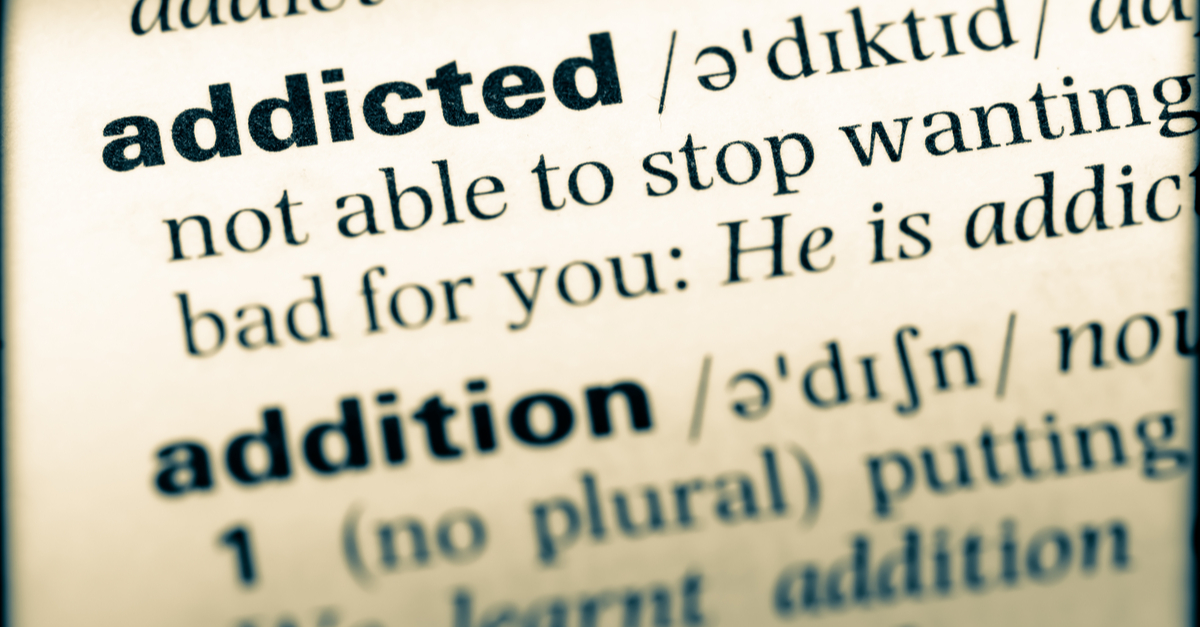Hypnotherapy: A Treatment for Addictions

What is all that talk about hypnosis and hypnotherapy? I see more and more information about hypnosis. How can it help me? I asked myself these questions over two years ago when I attended my first training in hypnotherapy. I learned that hypnosis is a method of relaxation and concentration that provides access to a unique state of consciousness. The hypnotic state occurs in every person naturally and it is like just before we enter into the sleep state.
Hypnosis is a treatment intervention comprised of inducing the client into a relaxed, suggestible state and then offering post-hypnotic suggestions for relief from symptoms. Further hypnotherapy is a process of psychotherapy with a client who is in the hypnotic altered state of consciousness. Our minds are very powerful. Hypnotherapy helps to heal and use our minds to reach our potential.
As I continued my training and am now a certified Heart-Centered Hypnotherapist, I discovered that one way that hypnotherapy can help me and others are its use as an effective treatment for addictions. An addiction is the fact or condition of being addicted to a particular substance, thing or activity. Addictions can be anything that gets in our way of our daily functioning or in reaching our potential. Most often addictions are experienced on a continuum scale from a 0-10, zero meaning no craving or urge and ten being the strongest.
There are three different forms of addictions: substance, people, and behavior. Substance addictions include: tobacco, sugar, alcohol, drugs, marijuana, prescriptions drugs, pills, caffeine, and food/diets. People addictions are relationships, love, romance, sex, and codependency. A behavior addiction includes sex, gambling, work, raging, spending or shopping, illness, internet, texting, facebook, twitter etc.
How can hypnotherapy help? There are two specific ways that it has proved effective. First is to stop the behavior. The process of extinguishing is used to reduce or eliminate the urge or craving for a substance or behavior. Extinguishing is using our senses and the power of suggestion to make the substance such as food, alcohol, drugs, sugar, or tobacco less than desirable. It may also reframe an unwanted behavior that a person is ready to eliminate or change.
The second way is by using hypnotherapy, psychotherapy and hypnosis, to look at our beliefs, thoughts, and actions. Our mind is very powerful and the beliefs guide our behavior. Our habits and addictions are located in our subconscious mind. Hypnotherapy accesses our subconscious mind and helps us become aware of our thoughts and beliefs. “Hypnotherapy is the most effective tool for helping the individual go to the subconscious level to gain awareness of the emotional decisions that have been made and to change them” (Zimberoff, 2011, p. 63).
It is like updating our software. Occasionally we receive a message on our computers or our phones that says it is time to update our software. The updates help our computer process and operate better. The previous system works o.k. but the new updates help it run better. The mind is like a computer; whatever information has been put into it continues to operate until “the operator” changes it. The thoughts that make up our beliefs have also worked up to this point but are now no longer working. The new beliefs will help us to stop our addiction and maximize our potential.
Unlike pushing the button on our phone or computer to access the updates, the process of self discovery takes more energy to access the trust in us and our therapist. Hypnotherapy helps us as we begin the journey to healing. As we gain awareness, we learn about the addictive cycle, and understand our role and our family’s role in that cycle.
Hypnotherapy gives us powerful tools to nurture ourselves as we heal our inner child, grieve what has been lost, forgive oneself and forgive others. As we use the tools we enter into the twelve step process. We learn about feelings and naming the shame in our lives. We then have the power to reclaim our real self and to feel, identify and express our feelings.
After completing my certification and practicing as a hypnotherapist, I now understand why all the talk about hypnosis and hypnotherapy. It works! Research shows its effectiveness and I have seen the results for an effective treatment for addictions. Please contact me/us if you have further questions.
Works Cited:
Zimberoff, D. Breaking free from the victim trap. Isaaquah, WA: Wellness Press.
Tags: Addiction - hypnotherapy, hypnosis
ABOUT THE AUTHOR

Jodi Studnicka
Licensed Clinical Social Worker
Licensed Mental Health Practitioner
Advanced Clinical Hypnotherapist
Spiritual Director- Jodi Studnicka completed her practicum at Wholeness Healing Center in the Grand Island and Broken Bow offices. Jodi Studnicka, LCSW, LMHP joined Wholeness Healing Center in May 2011 after receiving her Master’s of Social Work from the University of Nebraska Omaha.
LATEST ARTICLES BY Jodi Studnicka
Subscribe today
Sign up to receive the latest mental health tips and inspiration